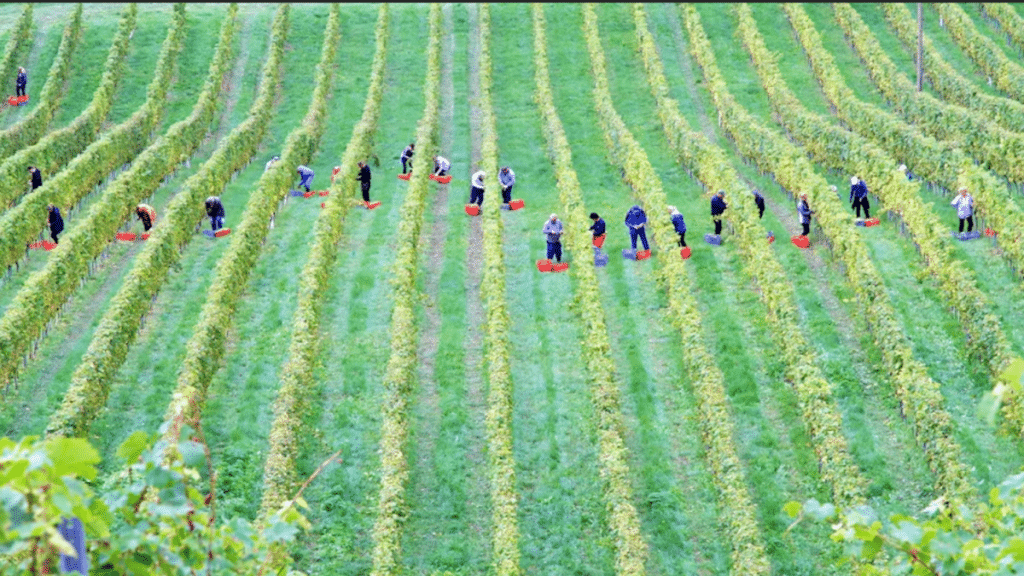In the modern agricultural landscape, farmers face a myriad of challenges, with labor costs being a significant concern. As labor expenses continue to rise, finding ways to optimize efficiency and reduce costs becomes paramount for farmers. Fortunately, there are several strategies available to mitigate labor costs without sacrificing productivity or quality. In this article, we’ll explore some practical and effective methods for farmers to streamline operations and maximize profitability.
Embracing Technology
Innovations in agricultural technology have revolutionized the way farms operate, offering farmers opportunities to automate tasks and streamline processes. Investing in precision agriculture tools such as GPS-guided machinery, automated irrigation systems, and drones can significantly reduce the need for manual labor while improving overall efficiency. By leveraging technology, farmers can optimize resource allocation, minimize waste, and increase yields without increasing labor costs.
Implementing Efficient Farm Management Systems
Effective farm management is essential for minimizing labor costs and maximizing productivity. By implementing robust farm management systems, farmers can streamline operations, optimize scheduling, and reduce unnecessary labor. Utilizing software solutions for crop planning, inventory management, and labor tracking can help farmers identify areas for improvement and make data-driven decisions to enhance efficiency.
Prioritizing Employee Training and Development
Investing in employee training and development is crucial for empowering farm workers to perform their tasks more efficiently. By providing comprehensive training programs and ongoing education opportunities, farmers can enhance employee skills, improve job satisfaction, and reduce errors and inefficiencies. Well-trained employees are better equipped to handle tasks independently, reducing the need for constant supervision and oversight.
Adopting Sustainable Farming Practices
Sustainable farming practices not only benefit the environment but can also help farmers reduce labor costs in the long run. Practices such as crop rotation, cover cropping, and integrated pest management can improve soil health, reduce the need for chemical inputs, and minimize labor-intensive tasks such as weed control and pest management. By prioritizing sustainability, farmers can create a more resilient and cost-effective farming operation.
Outsourcing Non-Core Activities
Outsourcing non-core activities can be a cost-effective solution for reducing labor expenses while focusing resources on primary farming operations. Tasks such as accounting, marketing, and administrative duties can often be outsourced to third-party providers or managed through automation, allowing farmers to allocate their time and resources more efficiently. By outsourcing non-essential tasks, farmers can streamline operations and reduce overhead costs without compromising productivity.
Leveraging Plant Bioscience Products
Plant bioscience products offer a natural and effective solution for enhancing crop productivity and resilience while reducing the need for labor-intensive inputs. These products contain beneficial microorganisms, enzymes, and other compounds that promote plant growth, improve nutrient uptake, and enhance stress tolerance. By incorporating plant bvioscience nto their crop management practices, farmers can boost yields, reduce dependency on synthetic fertilizers and pesticides, and ultimately lower labor costs.
Implementing Lean Farming Principles
Lean farming principles focus on maximizing efficiency and minimizing waste throughout the entire farming operation. By identifying and eliminating inefficiencies, reducing unnecessary steps, and optimizing workflows, farmers can streamline operations and reduce labor requirements. Practices such as continuous improvement, just-in-time inventory management, and value stream mapping can help farmers identify areas for optimization and implement strategies to minimize labor costs.
Conclusion
Labor costs represent a significant expense for farmers, but by implementing strategic measures, they can be effectively mitigated without sacrificing productivity or quality. Embracing technology, implementing efficient farm management systems, prioritizing employee training, adopting sustainable practices, outsourcing non-core activities, leveraging plant bioscience products, and implementing lean farming principles are all viable strategies for reducing labor costs and maximizing profitability in today’s agricultural industry. By proactively addressing labor cost challenges, farmers can position themselves for long-term success and sustainability.
